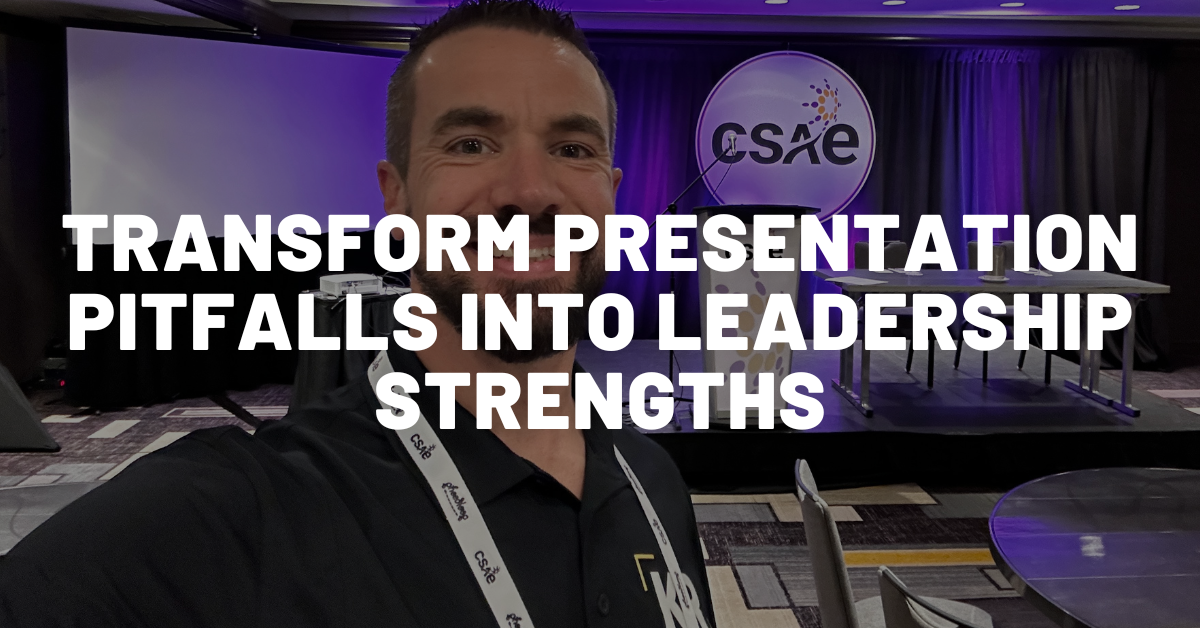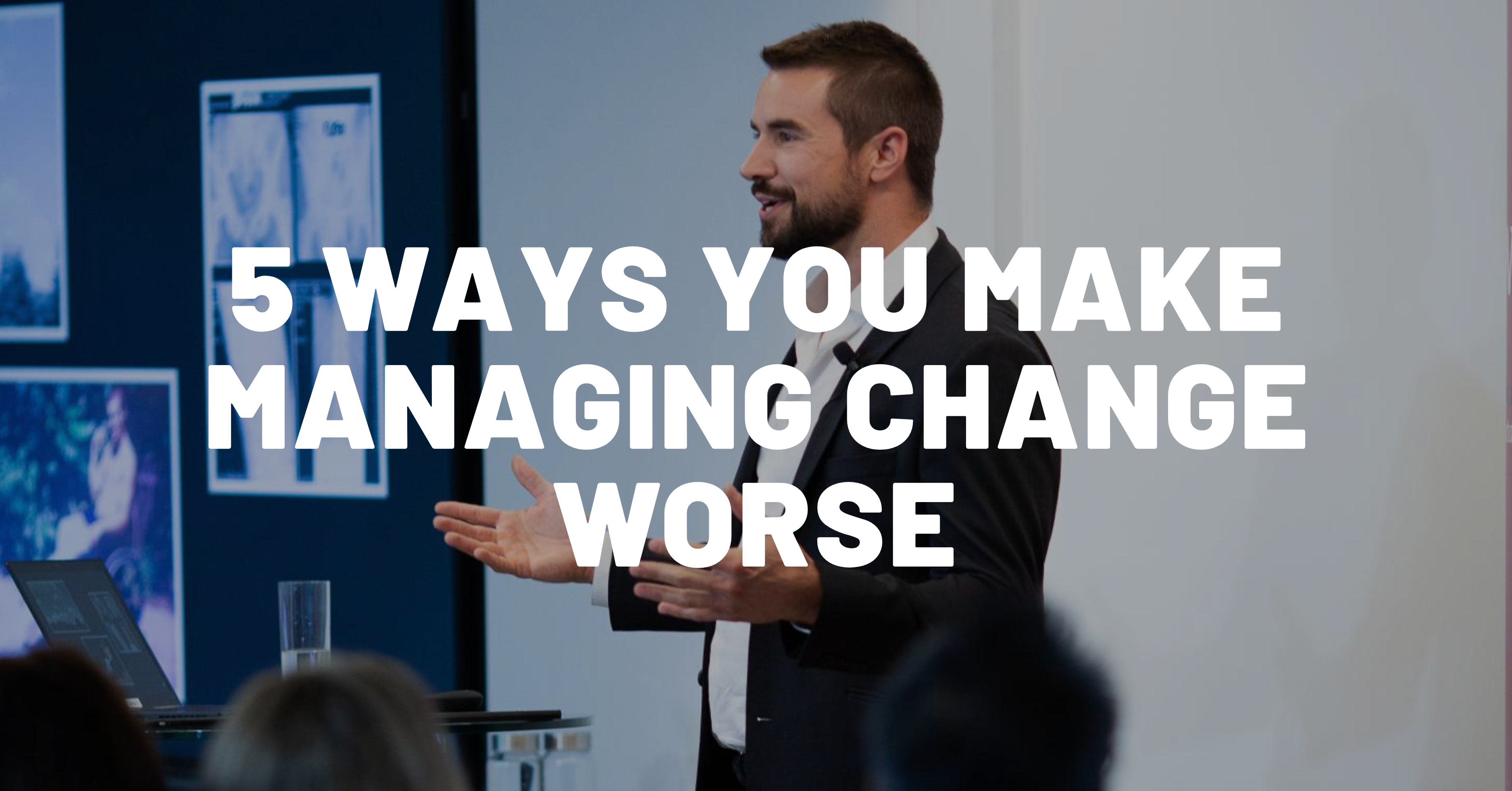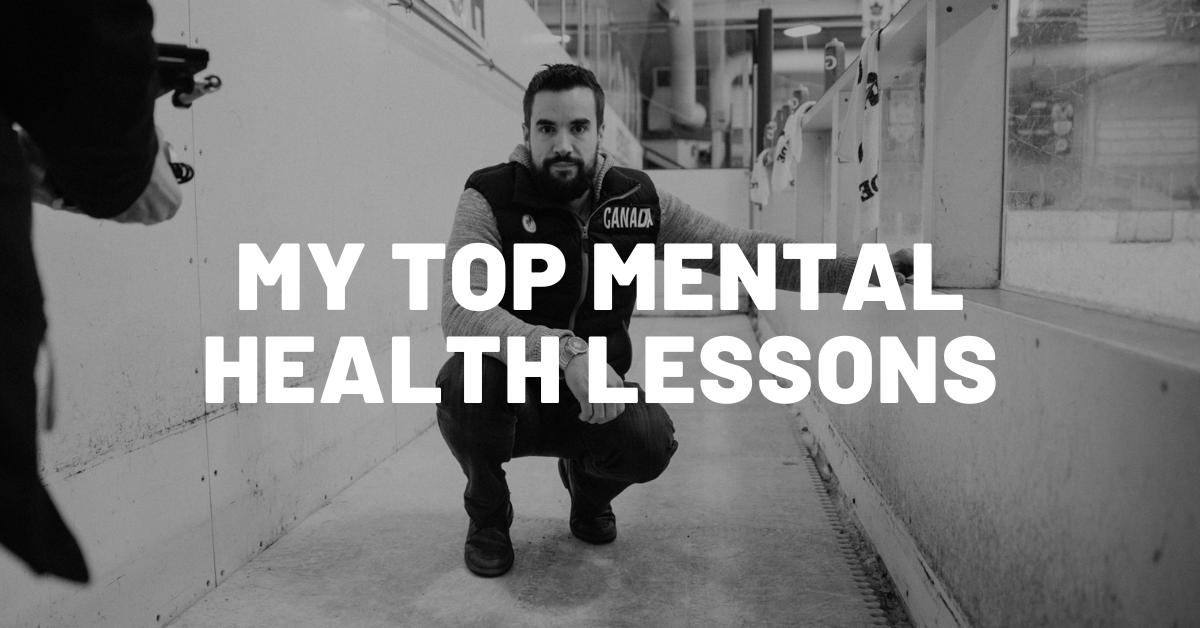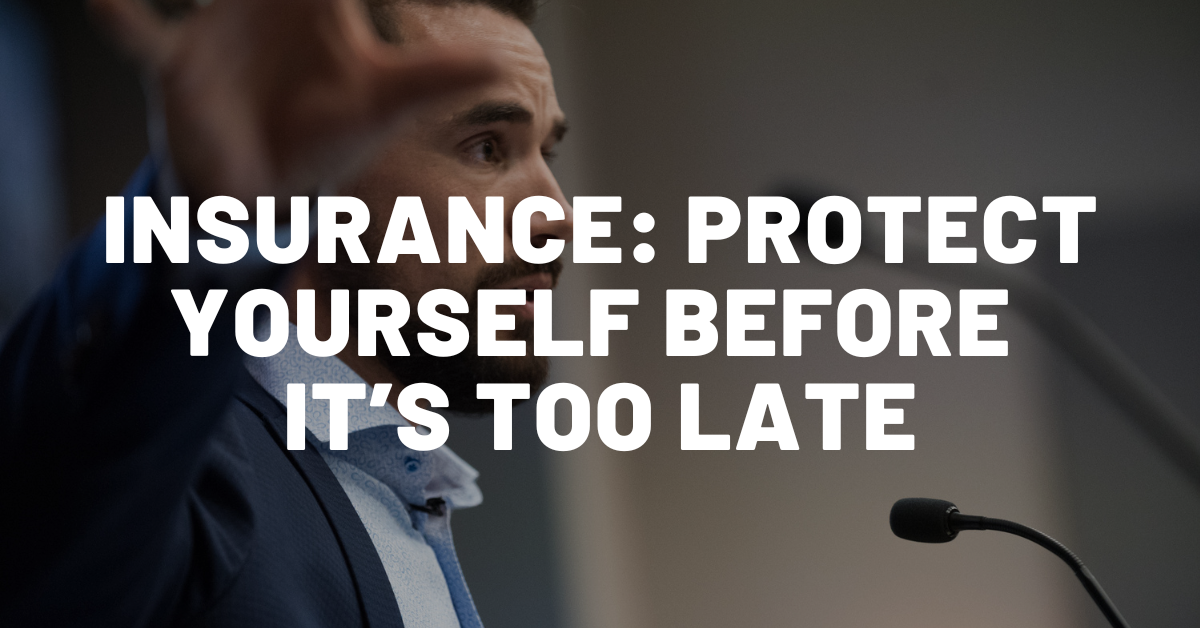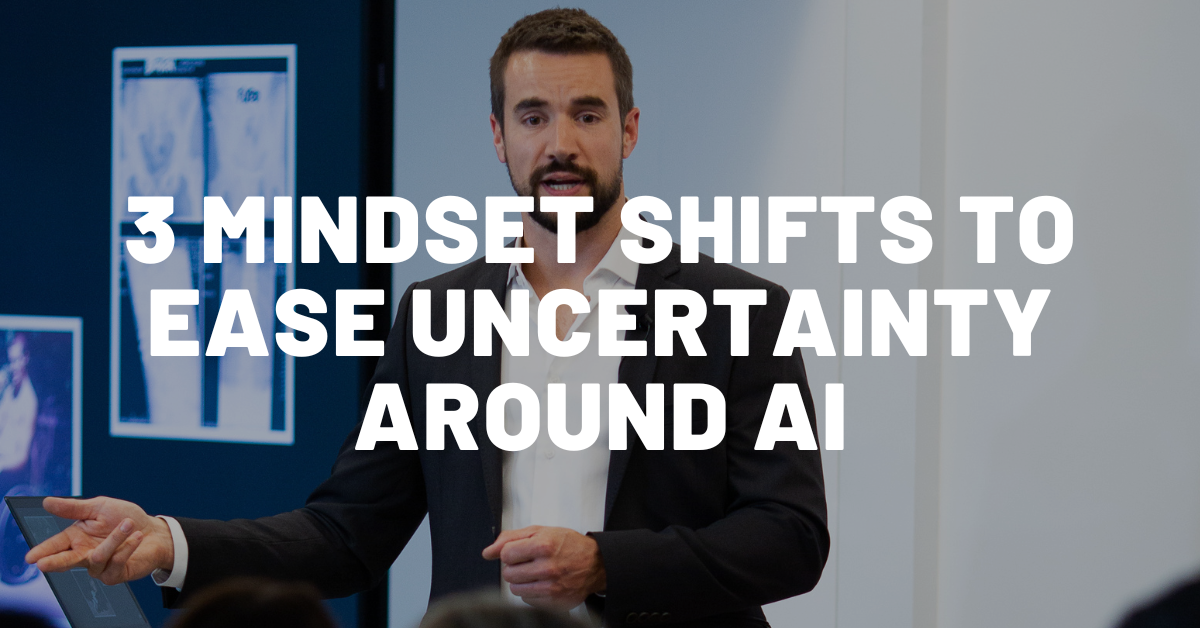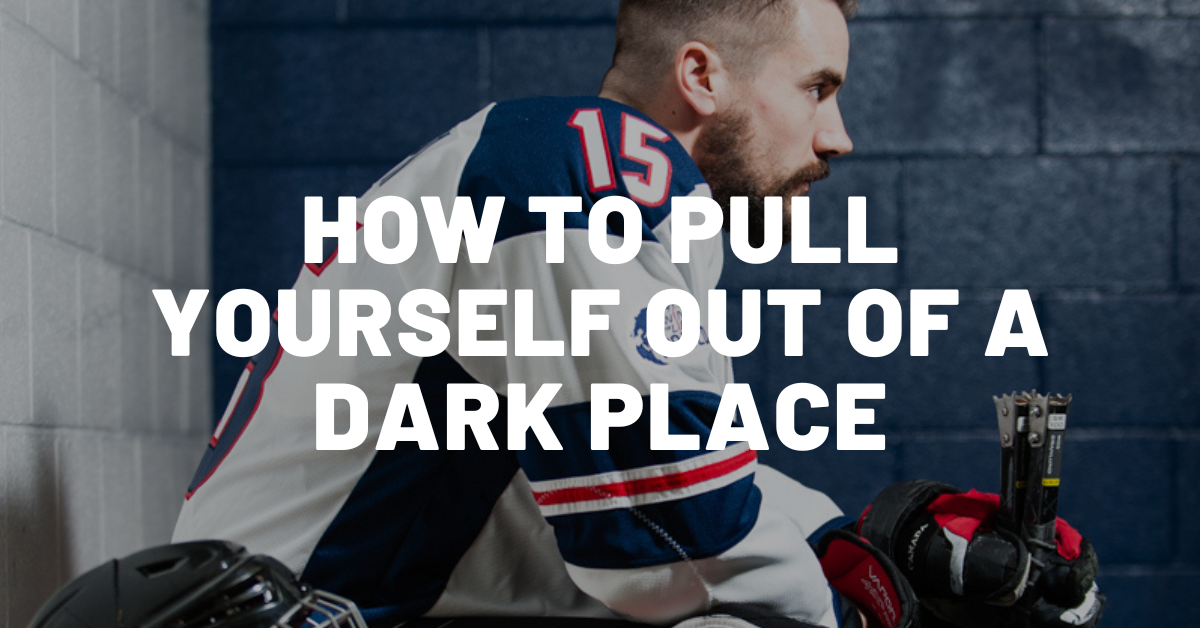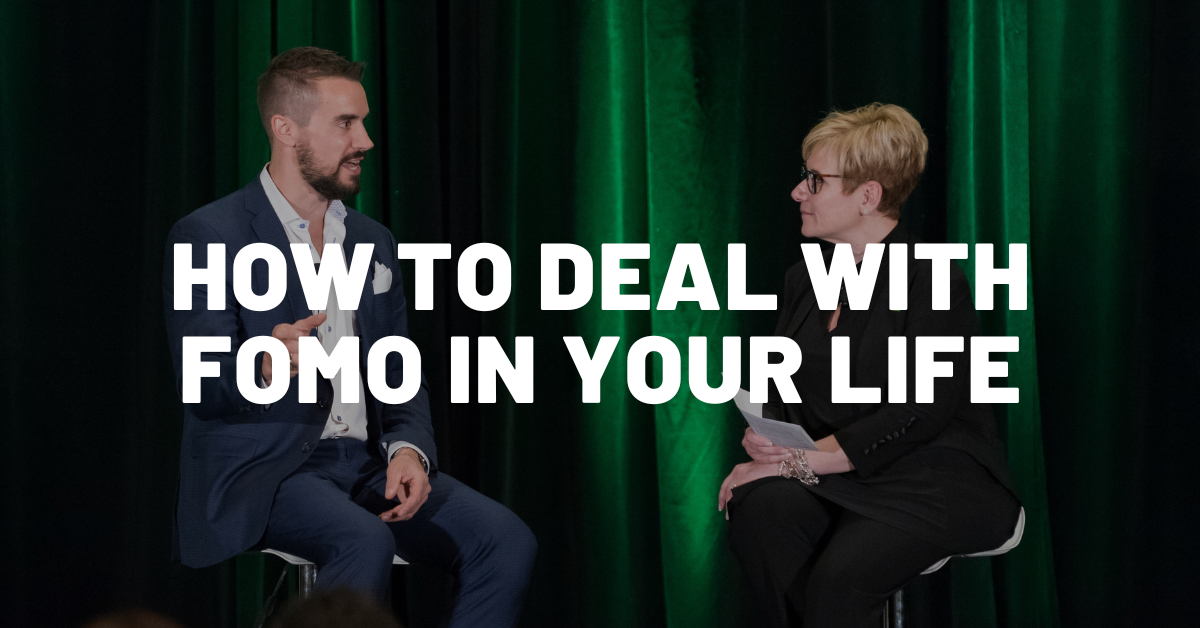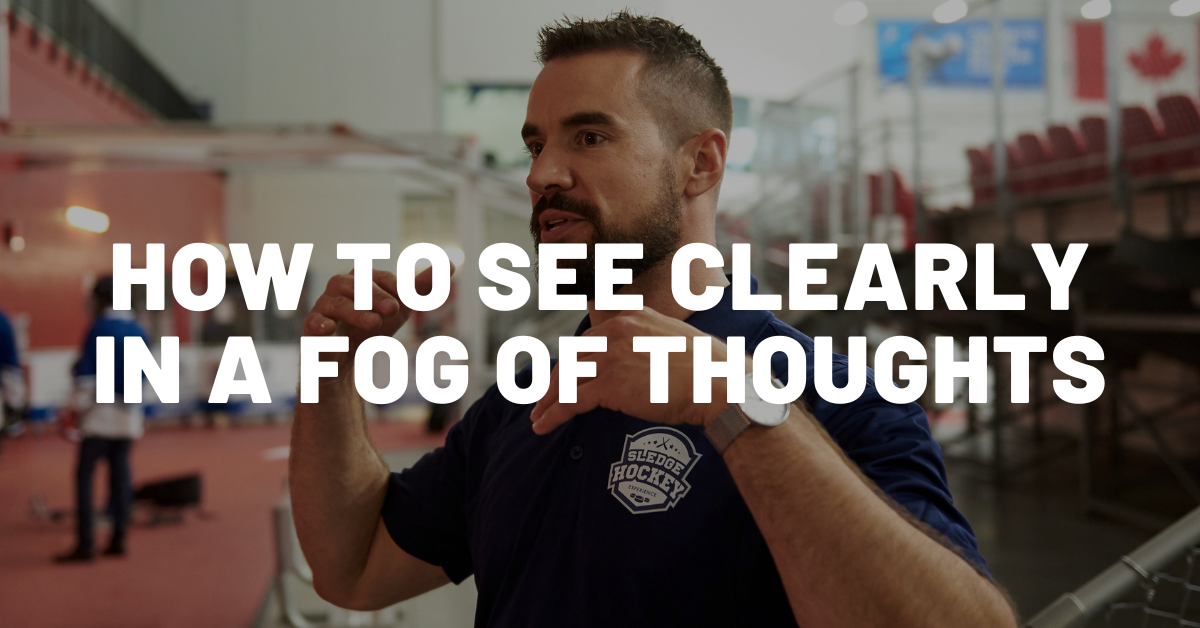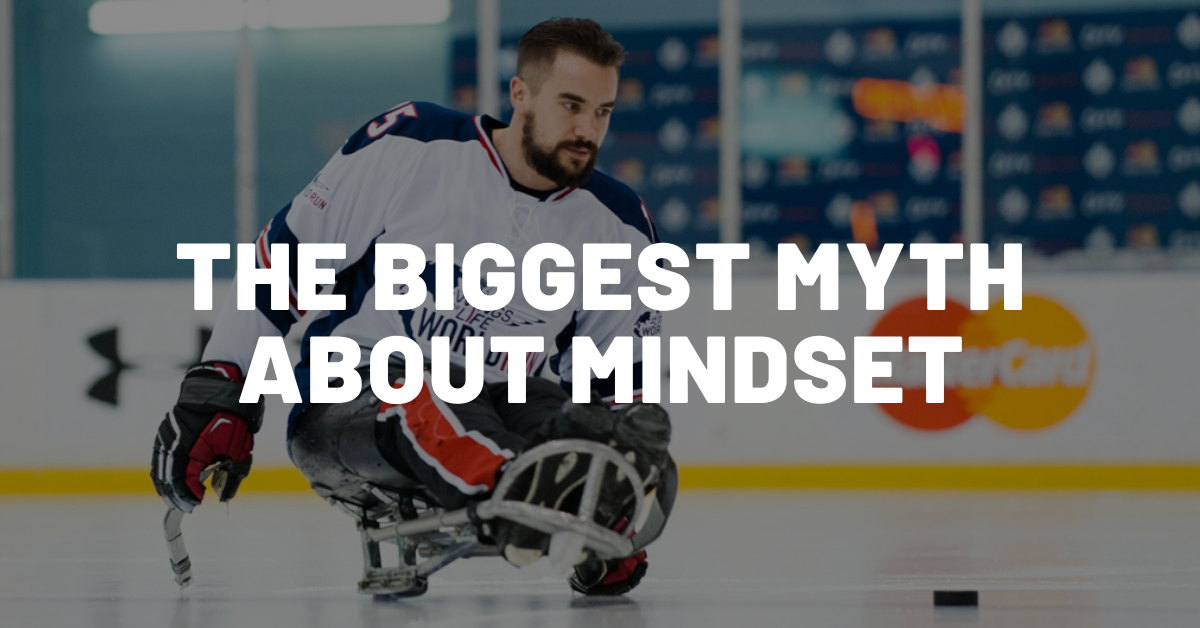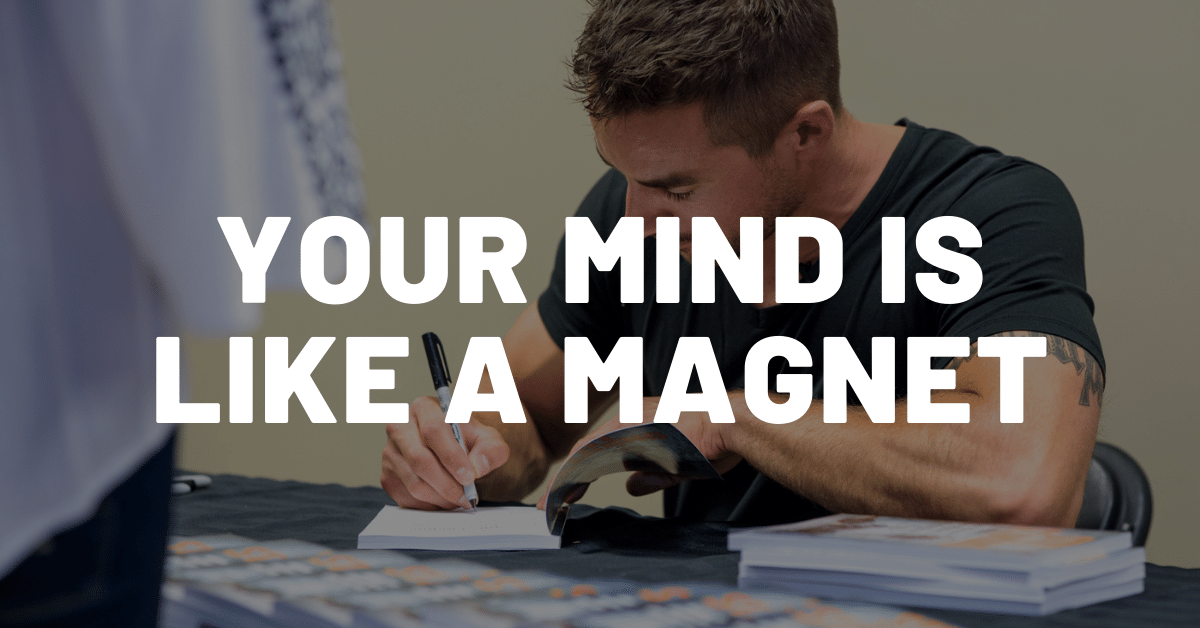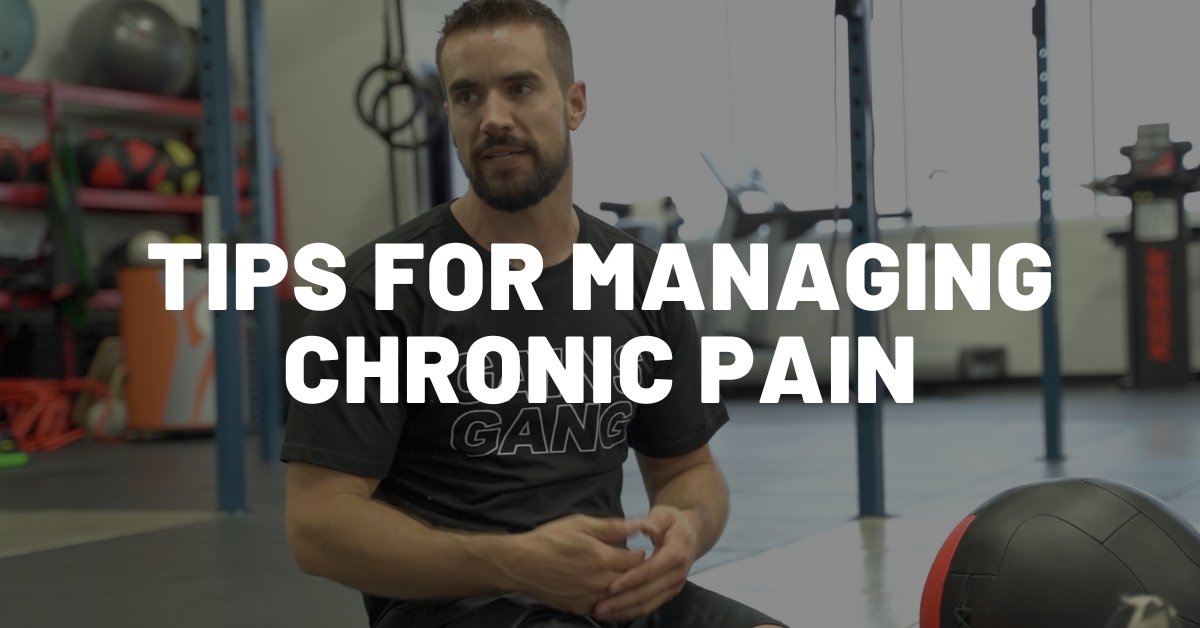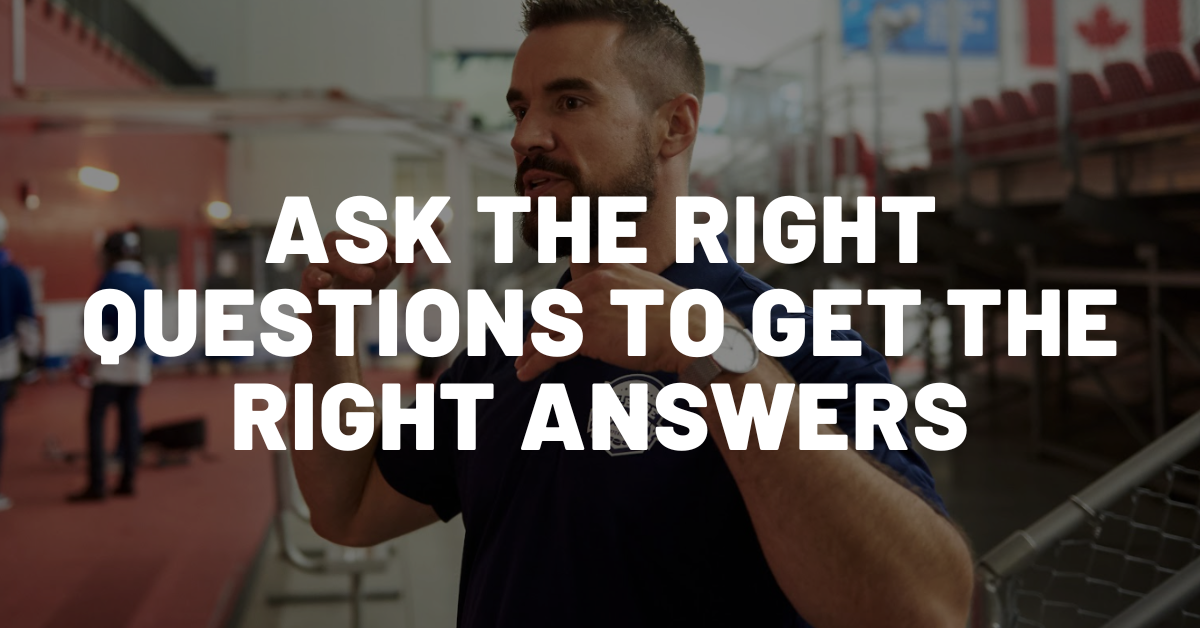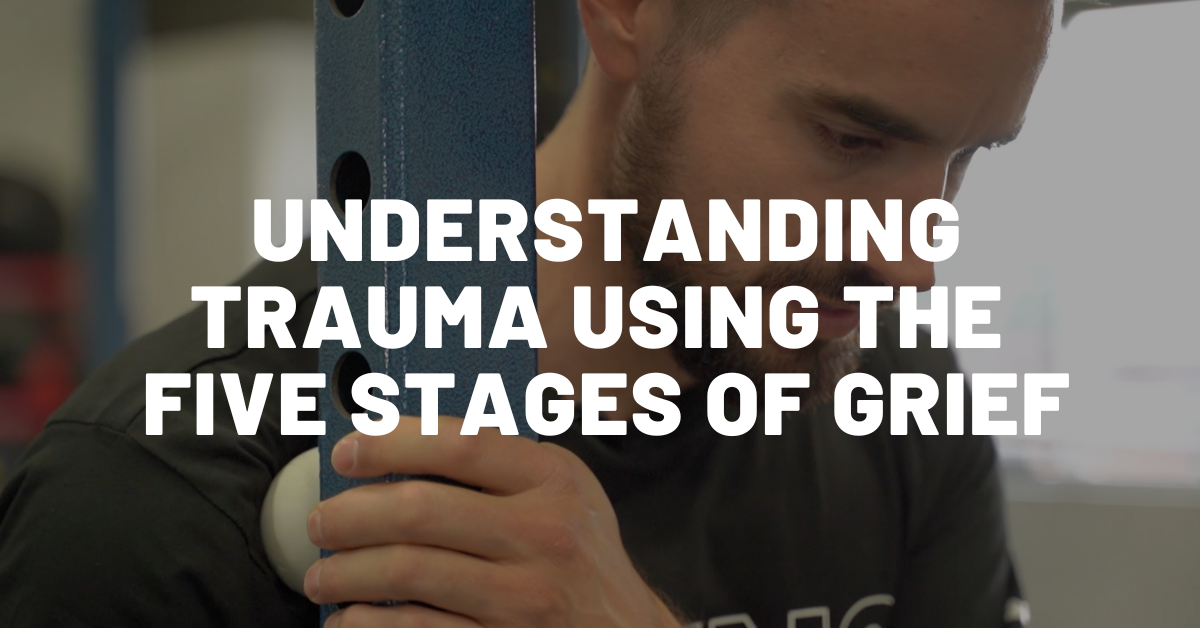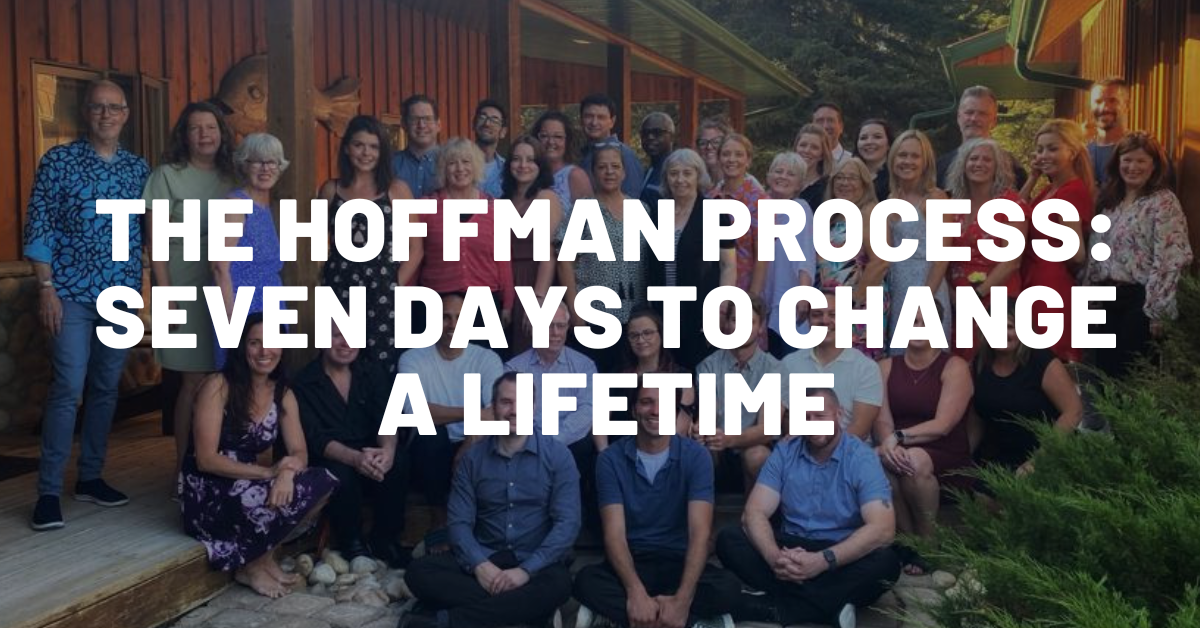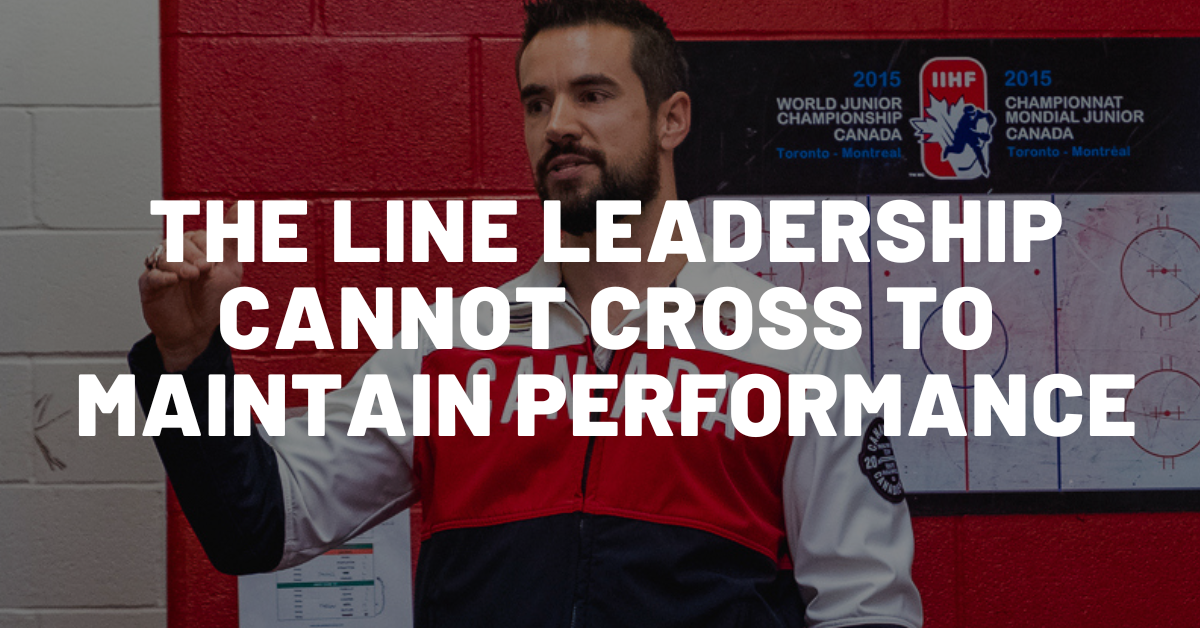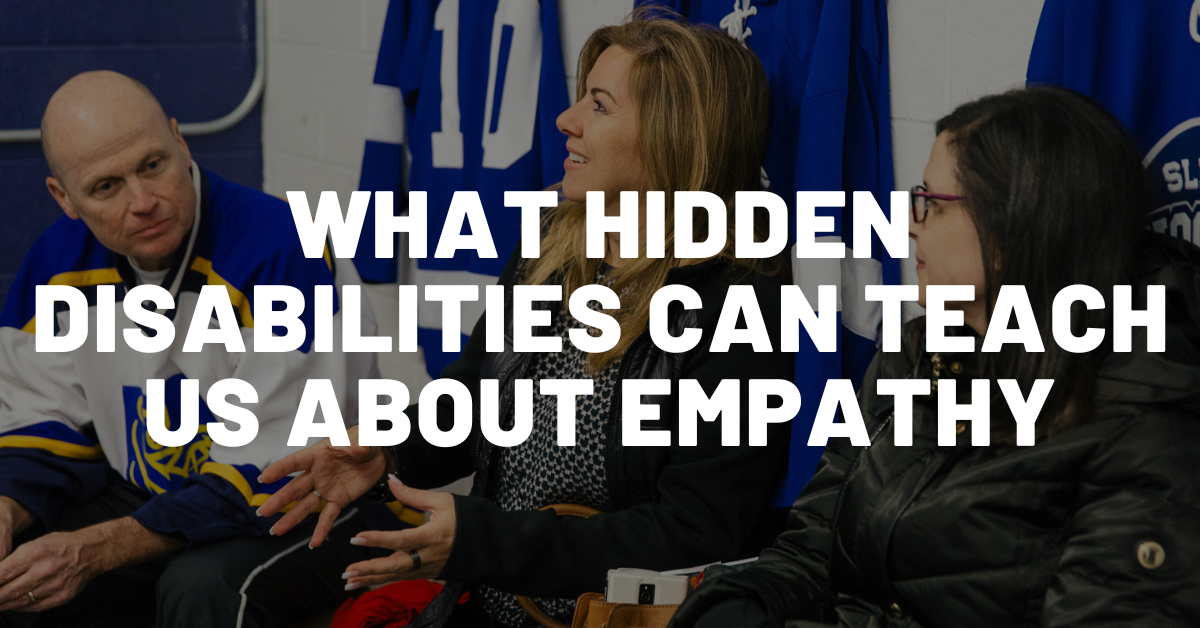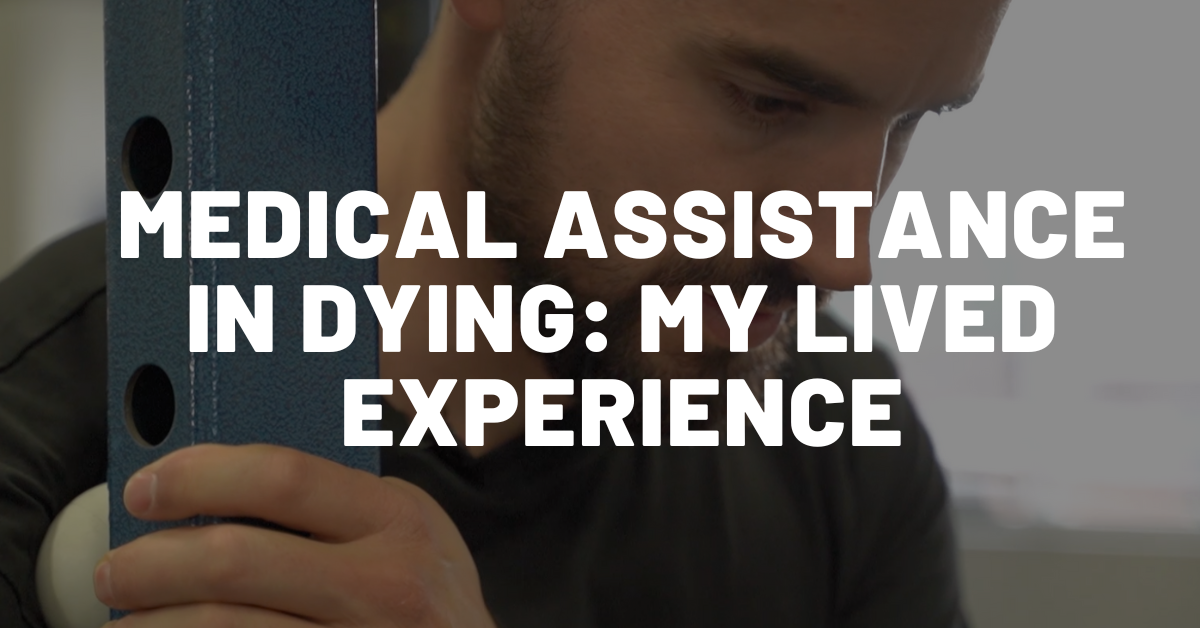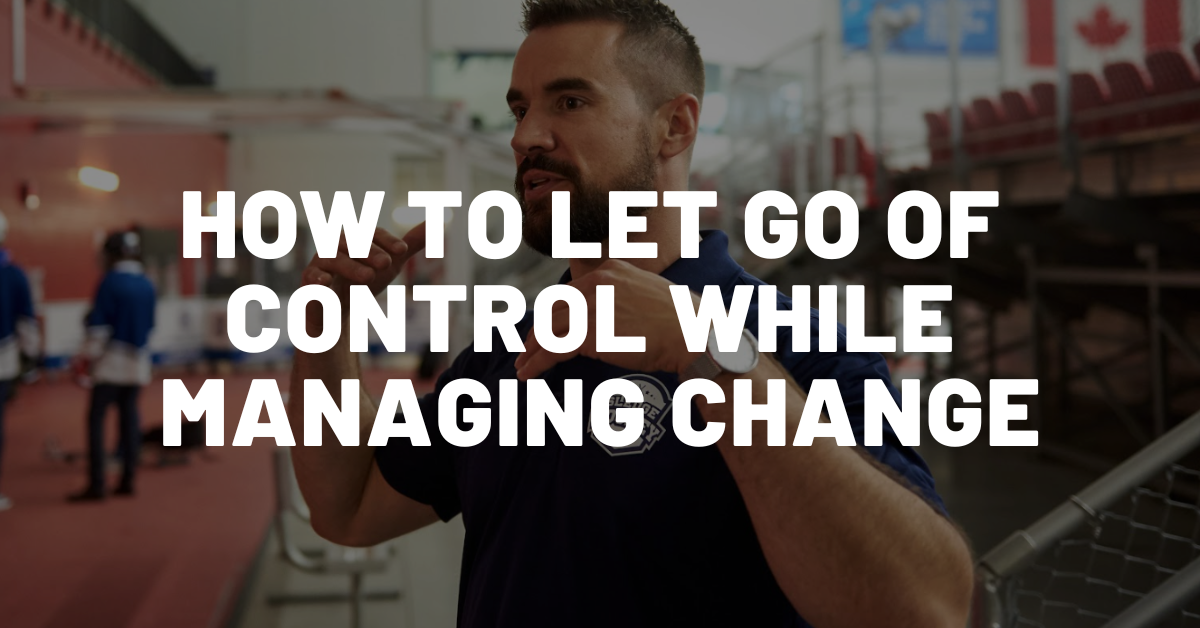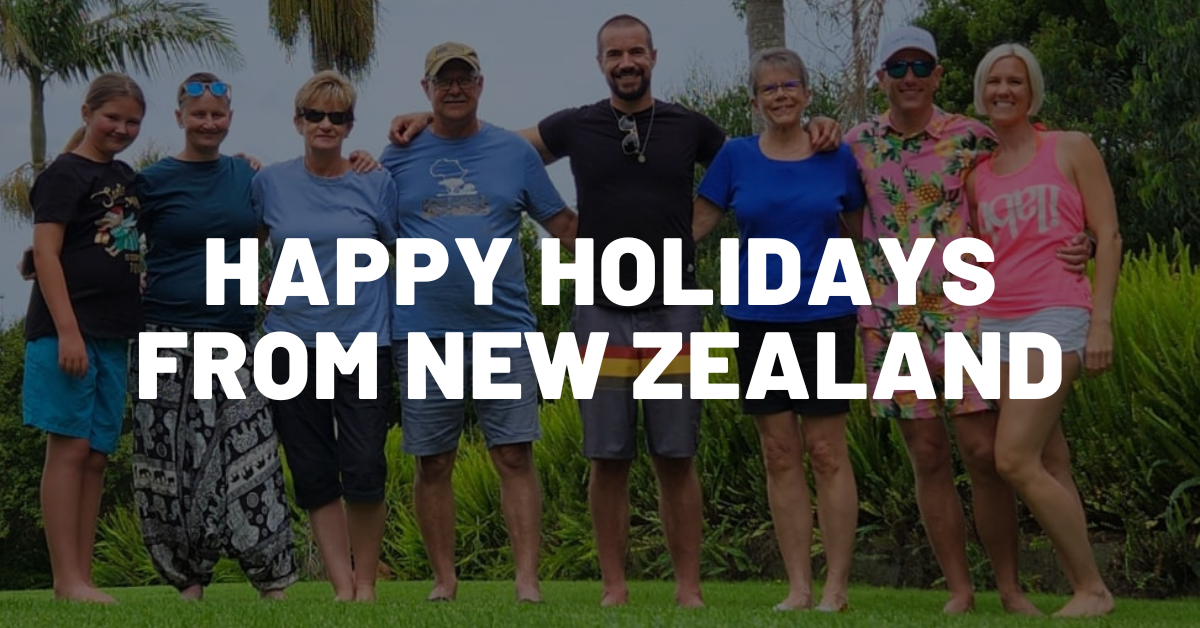(Note: This article is meant to be for educational purposes only. I am simply sharing my experience to help others who may be struggling in a similar situation.)
This month, there is a lot of discussion happening in Canada surrounding the topic of M.A.I.D – Medical Assistance in Dying.
There is controversy around how this is a dangerous, slippery slope in the realm of people who struggle with mental health issues.
There is controversy around who this is for, how this is being presented, what the moral considerations are, how this affects different cultural and religious beliefs, and much more.
Many serious conversations are to be had for some very practical reasons.
Personally, I have experienced suicide within my family from three very different perspectives.
My father committed suicide in 2007. I was suicidal in 2008 and 2015, but am still here, and my grandmother, “GG”, just passed away in October 2022 by M.A.I.D.
Each scenario came by its own unique situation with individual factors to consider. Given the depth of my experience, I hope that by sharing my story I can help bring another perspective to help people understand what a mental health journey can look like, as well as when, in my opinion, ending one’s life may seem appropriate.
Dad’s Story
Let me start with what happened in each scenario, beginning with my dad.
If you aren’t familiar with my story, in 2002, when I was 19 years old, my father and I were deer hunting, building a tree stand, when the branch my dad was standing on broke. Dad fell 25 feet straight to the ground and broke his back, at the age of 50, becoming a complete paraplegic less than one year from retirement.
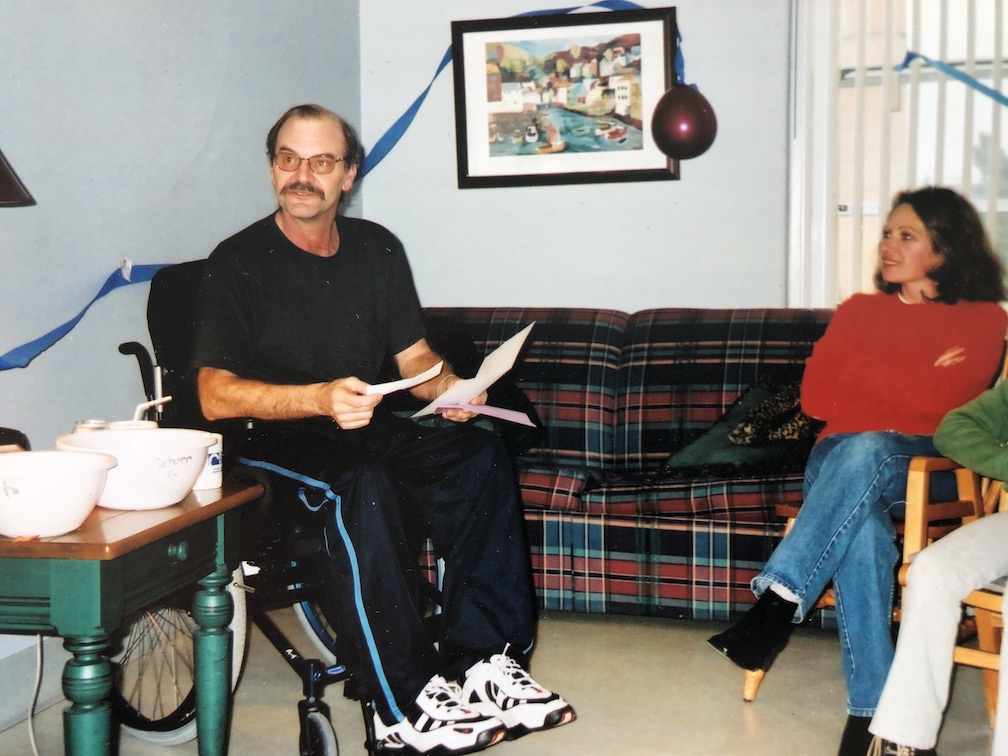
My dad had a very difficult time living with his injury. He struggled with the typical challenges that come with a spinal cord injury (SCI) such as, bowel and bladder issues, identity loss, acceptance of what happened, and as a result he developed a gambling addiction and struggled mentally.
From day one, my dad would not accept living the rest of his life in a wheelchair and talked about taking his own life. He never talked to me or my sister about it, but we knew it was on his mind because mom told us. Long story short, after nearly five years my mom left dad, not because of his disability, but because of his attitude towards his disability, and then seven weeks later, at the age of 54, my dad took his own life.
Do I think my dad should have taken his own life?
Absolutely not. He had everything he needed to live a fulfilling life in a wheelchair, but he let his mind get the best of him, and he wasn’t willing to put in the work to get better.
My Story
Ironically enough, I was also paralyzed.
When I was 23 years old, I was pursuing my dream of performing in Freestyle Motocross shows. On July 1st, 2006, I performed my first jump show. Then, two weeks later at my second show, I crashed.
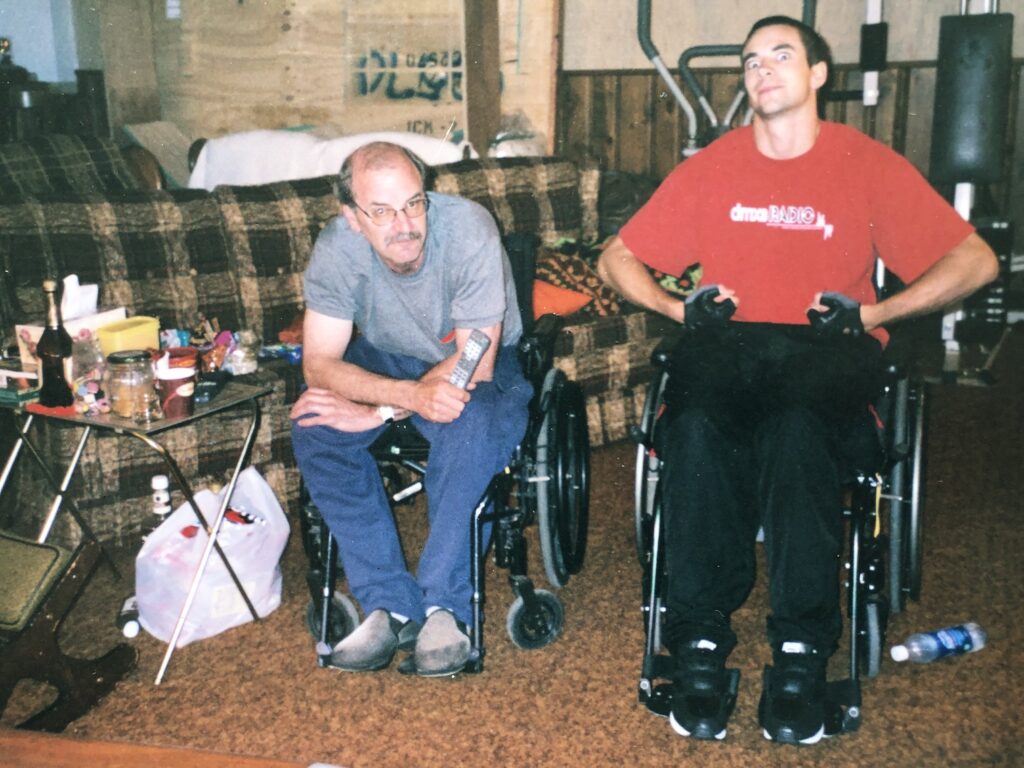
I hit a 75 ft jump and had to jump off the bike mid-air and landed without the motorcycle, breaking my back, pelvis, ribs, and was instantly paralyzed. Luckily, I only fractured and dislocated my back which meant, with a little bit of luck and A LOT OF HARD WORK, I was able to learn how to walk again.
The overlap here is that not only was both dad and I paralyzed and in wheelchairs with SCI’s, but I too, despite having the ability to walk again, became suicidal.
In 2007, just one year after my dad passed away, I was dealing with an addiction to Percocet. In a span of about two weeks, I went from just going on the medication to thinking about ending my own life.
Fortunately, I did not make any attempt to do so. Instead, I did everything I could within my control to turn things around.
- The first thing I did was I called friends who had what I would call, “street” experience, with addictions for real world advice. I have learned that if you want to get better fast, seek help from someone who has “been there, done that” and successfully created the outcome you desire.
- As per their advice, I got rid of the Percocet by quitting cold turkey. I’m not suggesting that’s what you do if you are struggling, but that’s what worked for me. The first 2-3 days were like hell, but if you plan for it, you can put a plan in place to manage it and I am grateful I was able to manage the withdrawals and got through it.
- I called the suicide hotline, I worked with a psychologist, I worked with my family doctor, and reached out to my family and friends.
However, the strategies that helped me the most (which I teach within my keynotes and workshops from The Hero Mindset Blueprint) were all based around Cognitive Behavioural Therapy techniques (CBT).
At the time, I didn’t know was CBT was. All I knew, is that when I started focusing on things like journaling, reading, meditating, as well as getting my nutrition, sleep, and exercise program back in order, those are the foundational elements to helping recreate a confident and empowered mindset.
I got my life back in order. Then in 2010, I made the Canadian Paralympic Para Ice Hockey Team. I competed for five years, helping Canada earn Gold in the 2013 World Championships, and Bronze at the 2014 Paralympic Winter Games in Sochi, Russia.
When my playing career was over in 2015, I again found myself in a downward spiral and was feeling suicidal. This time, it was for different reasons. This time it had more to do with identity loss, a lack of self-love, fear of going after my next entrepreneurial dream, The Sledge Hockey Experience, and what many people will refer to as Post-Olympic Depression.
The mental health challenge of Olympians is real, and I knew the most important thing I could do was admit that I need help, and I sought help. I called Game Plan and began working with a psychologist and psychiatrist, but as before, what worked the best for me was CBT techniques using the tools I have assembled inside The Hero Mindset Blueprint.
Since my 2007 and 2015 episode, I have never experienced another thought of suicide. I have had moments where I maybe felt sad and at sometimes depressed, but what used to take me 8 months to fix, soon took 8 weeks, and now rarely takes more than a few minutes to recalibrate my mindset, because I have done the work to understand my mind and how to turn things around.
I could have taken my own life and felt like no one would blame me since my father already did so, but I knew that if I had thought my way into depression, I could think my way out.
GG’s Story
My grandma lived a fairly active life.
As an example, in my book, Still Standing: When You Have Every Reason to Give Up, Keep Going, I write about how at the age of 72, she went white water rafting and flew out of the raft but got right back in and asked to keep going. At 77, she travelled to Russia, Germany, New Zealand, and frequently would go on hikes, adventures, and wouldn’t sit still.
Like most elderly people, when Covid hit, she was hit hard. GG was 84 at this time, and she bought into the fear. In my opinion, she consumed way too much mainstream media. She took isolation quite seriously and as a result, along with her retirement clubhouse shutting down, became quite inactive, lonely, and as a result began to struggle with depression.
More importantly, GG had several significant ailments. She lived with leukemia for nearly 20 years, scoliosis for 5 years, had pinched nerves, spinal stenosis, and was living with a stent in her heart. She had debilitating nerve pain, digestive issues, and went downhill so fast it was a blink of an eye before she was soon unable to barely sit up, feed herself, go to the bathroom, and back to bed where she would spend 80% of her day, sleeping.
Until one day, a friend brought up the topic of M.A.I.D. to my mom. At this point, we had truly never even considered it, but by hearing this man’s story of how his cousin was suffering from an incurable circumstance and that relief was available through M.A.I.D., we then asked GG about it.
Turns out, she had already watched a 2hr documentary on M.A.I.D. twice but had never brought it up to us because she feared what we and other people would think if she chose M.A.I.D.
Although GG was struggling with depression, the bigger issue was that due to her laundry list of physical ailments at 87 years old, she was now living a painful, bedridden life. After discussing it as a family, we all agreed GG’s situation was truly incurable and that M.A.I.D. would be a suitable option.
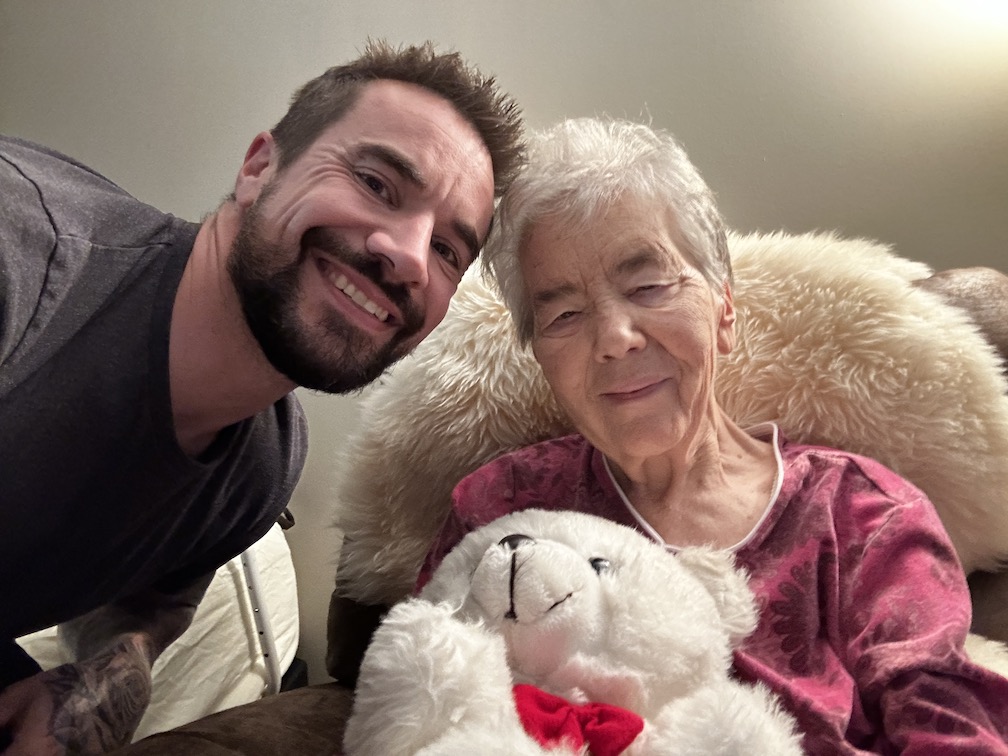
She passed away on October 24th, 2022.
Do I think GG made the right decision by ending her own life?
Yes, I do. She was suffering from a situation that truly had no cure. I think she made the right choice for her specific circumstance.
So, What Is The Right Answer?
I am not here to give advice on what you or someone should or should not do. What I can do, however, is share my belief to try and help put a few things into perspective.
- My dad had a sound mind. He just didn’t choose to use it. He allowed the circumstances of his situation to get the best of him and then gave up on life. My dad was perpetually in his own way, refusing to admit he needed help or to seek help. As a result, he drove himself into the ground, both figuratively and literally. My dad could have turned things around if he chose to.
- GG had a sound mind, but despite that, she was truly in an incurable situation. Mom spent years taking GG to endless appointments trying to find a solution, and any medication that helped only created more side effects. GG’s physical health was incurable, and I think given her situation, she made the right choice.
- I know what it’s like to have a sound mind and then feel like you no longer do. If you have a knife on your chest, a bottle of pills or liquor in your hands, are crying on the floor in the dark, rocking back and forth in a chair in front of your psychiatrist, thinking of driving your vehicle off the road into a pole, or spending your evenings inside the emergency psychiatric ward at the local hospital – I feel you. I have been in all those situations, and more.
Personally, my belief is that if you have enough of a sound mind to recognize that if ANYONE ON PLANET EARTH has EVER been in the situation you have been in and rebuilt their life, then you can too.
If you are a drug addict, bankrupt, homeless, unemployed, divorced, paralyzed, been cut from your sports team, experienced domestic abuse/sexual abuse, lost a loved one, lived through combat, been bullied, are facing legal issues…. or simply didn’t win the lotto this past weekend and are mad you are still living paycheck to paycheck, know that what you are experiencing today is not the end of the road. This is just temporary.
“Pain might last for a minute, or it might last for years, but eventually IT WILL SUBSIDE.”
– Eric Thomas
I believe that M.A.I.D. has a place in this world to help those who live with incurable diseases, but if you have a sound enough mind to recognize that what you are experiencing today is possible to work through, be willing to put in the work and do not let the option of M.A.I.D. be your excuse to check out of life early.
Instead of looking for someone to give you permission to die, let me be the person who gives you permission to live.
—
If you or someone you know is in crisis, here are some resources that are available.
- Canada Suicide Prevention Helpline (1-833-456-4566)
- Centre for Addiction and Mental Health (1 800 463-2338)
- Crisis Services Canada (1-833-456-4566 or text 45645)
- Kids Help Phone (1-800-668-6868)
- If you need immediate assistance, call 911 or go to the nearest hospital
To learn more about Medical Assistance In Dying in Canada, visit DyingWithDignity.ca

